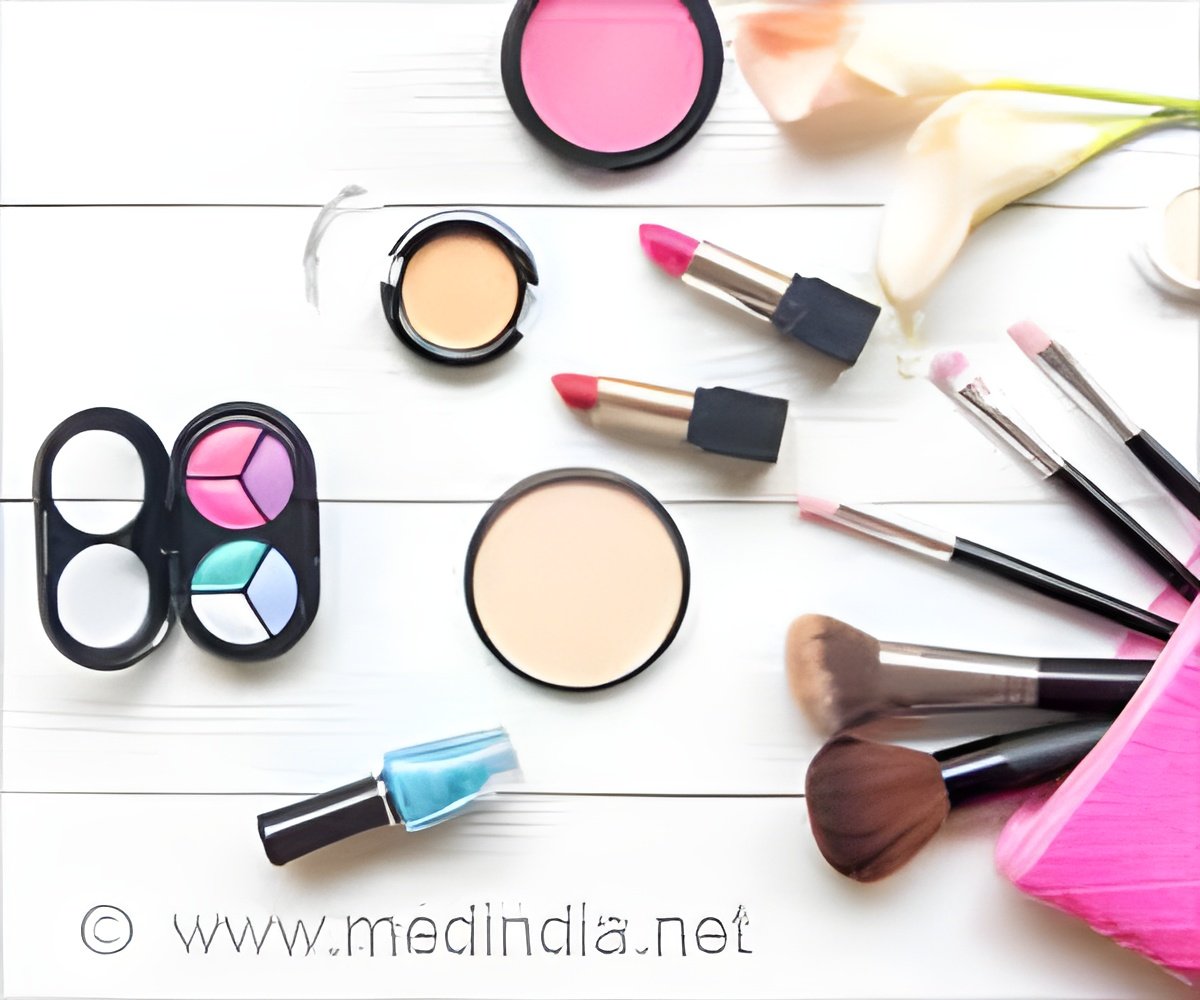
‘Micro-beads used in cosmetic products are responsible for the human-made solid waste in the aquatic environment and impact marine life.’
Tweet it Now
Based on the assessment of 35 PCCPs, the study titled ’Dirty Cleanser: Assessment of Microplastics in Cosmetics’ by Delhi-based NGO Toxics Link has shown that a total of 19 face washes, seven facial scrubs and nine body washes were tested as part of this study and out of 35 samples, 20 were detected with the presence of polymers. Among the 20 samples with polymers, 14 have micro-plastics beads. Among all types of PCCPs tested, the highest number of micro-plastics beads was detected in Neutrogena Deep Clean Scrub with 17,250 micro-beads per 20g, followed by VLCC Natural Sciences Rose Face Scrub with 5,510 beads per 20g and Fiama Shower Gel with 4,727 micro-beads per 20g, the study by Toxics Link, an environmental research and advocacy organization, said.
A total of 70 per cent of scrubs, 55 per cent of body washes and 21 per cent of face washes were found to have micro-beads. For the study, 20g of each of the 35 samples was taken for analysis, and FTIR was used for the identification of plastic particles in PCCPs.
"It is shocking to find plastic micro-beads in products from such large national and international brands. Many of these brands have stopped putting micro-beads in their products in other countries but continue to use them in India as we do not have outright ban on its usage," said Chief Coordinator at Toxics Link, Priti Mahesh.
Micro-plastic pollution is one of the most crucial environmental issues in recent times. The size of micro-beads detected in the products, tested in this study, was in the range of 32.55-130.92 micron. They are flushed down the drain after use and end up in Wastewater Treatment Plants (WWTPs), where they can escape into bodies of water.
Advertisement
The testing was done at National Institute of Oceanography, Goa.
Advertisement
Source-IANS









